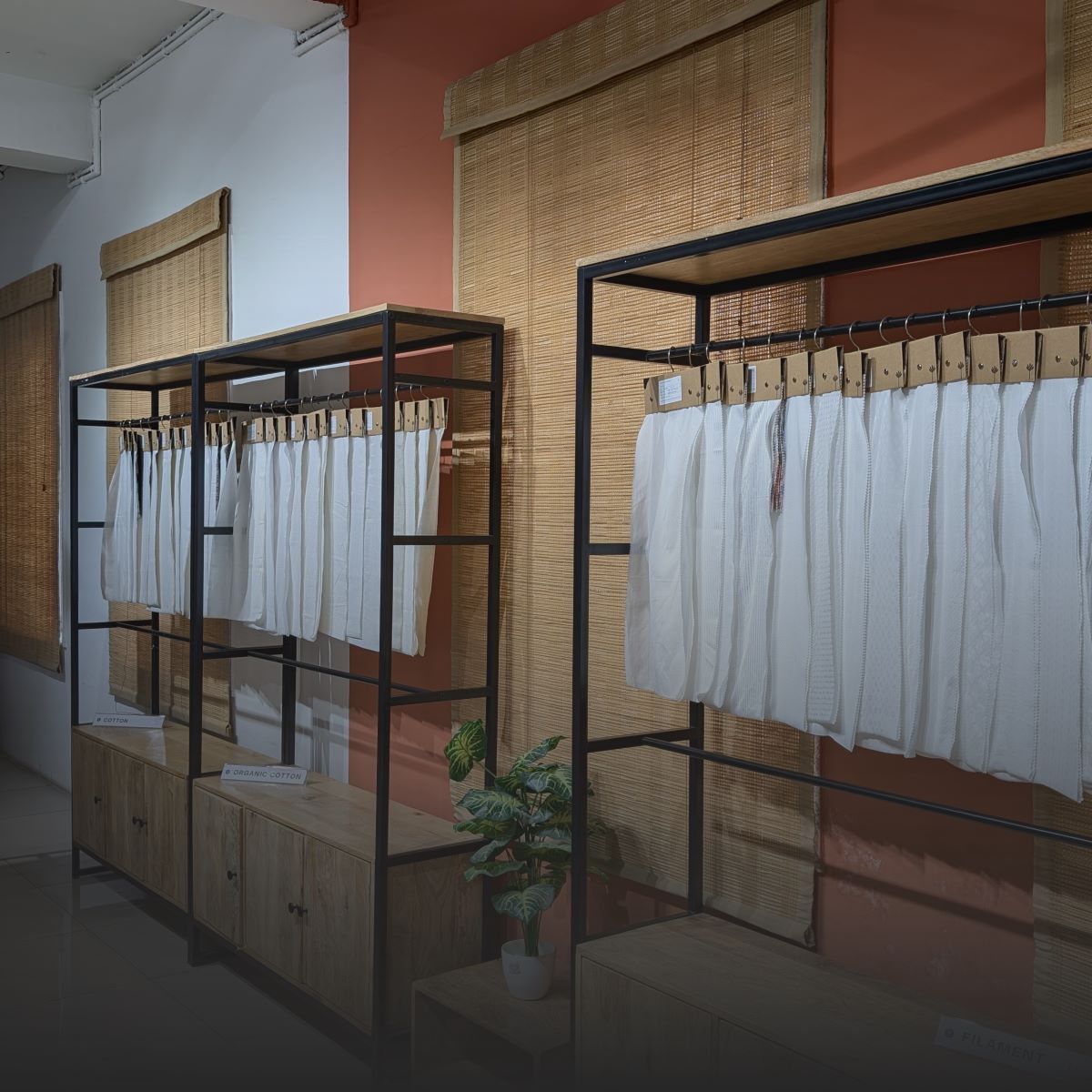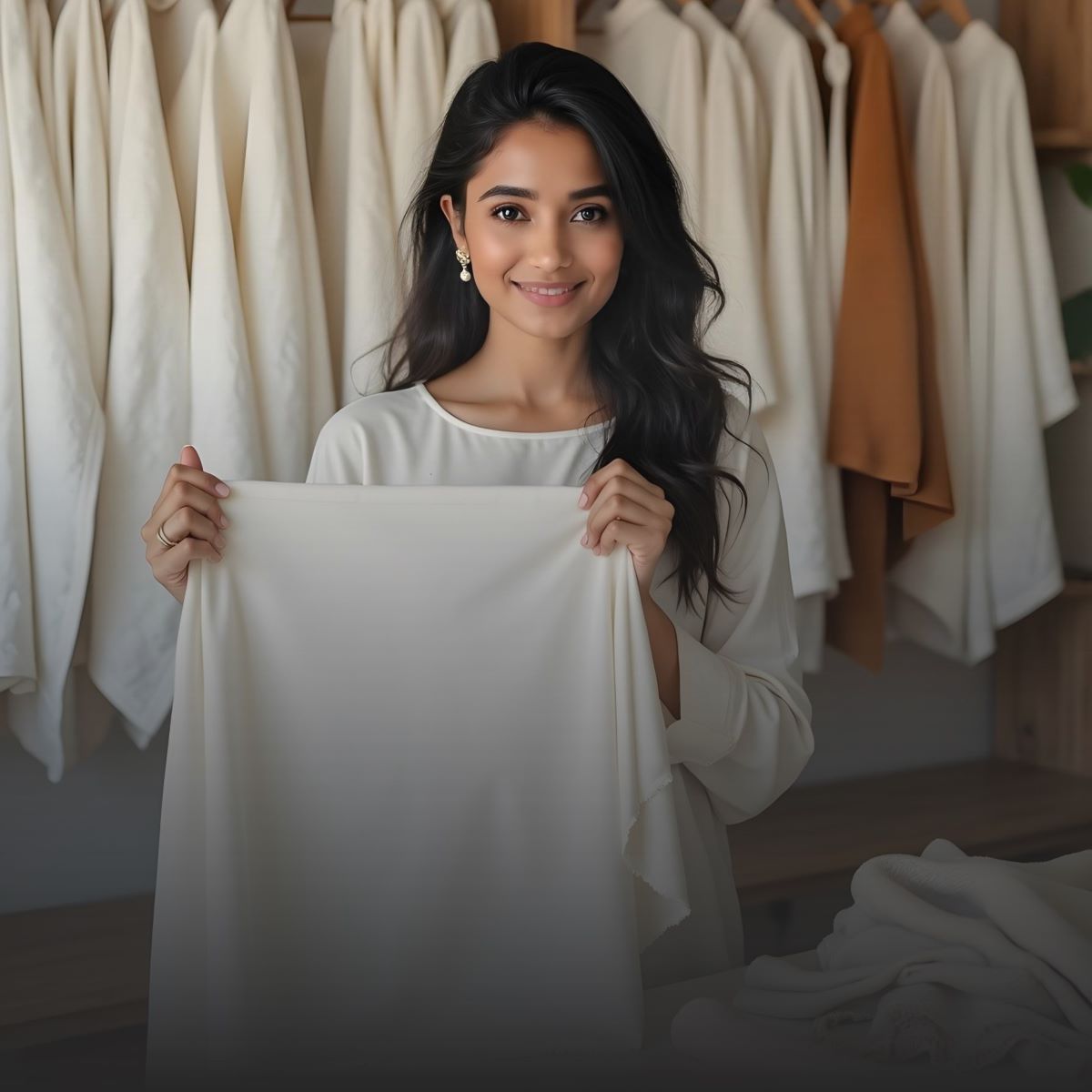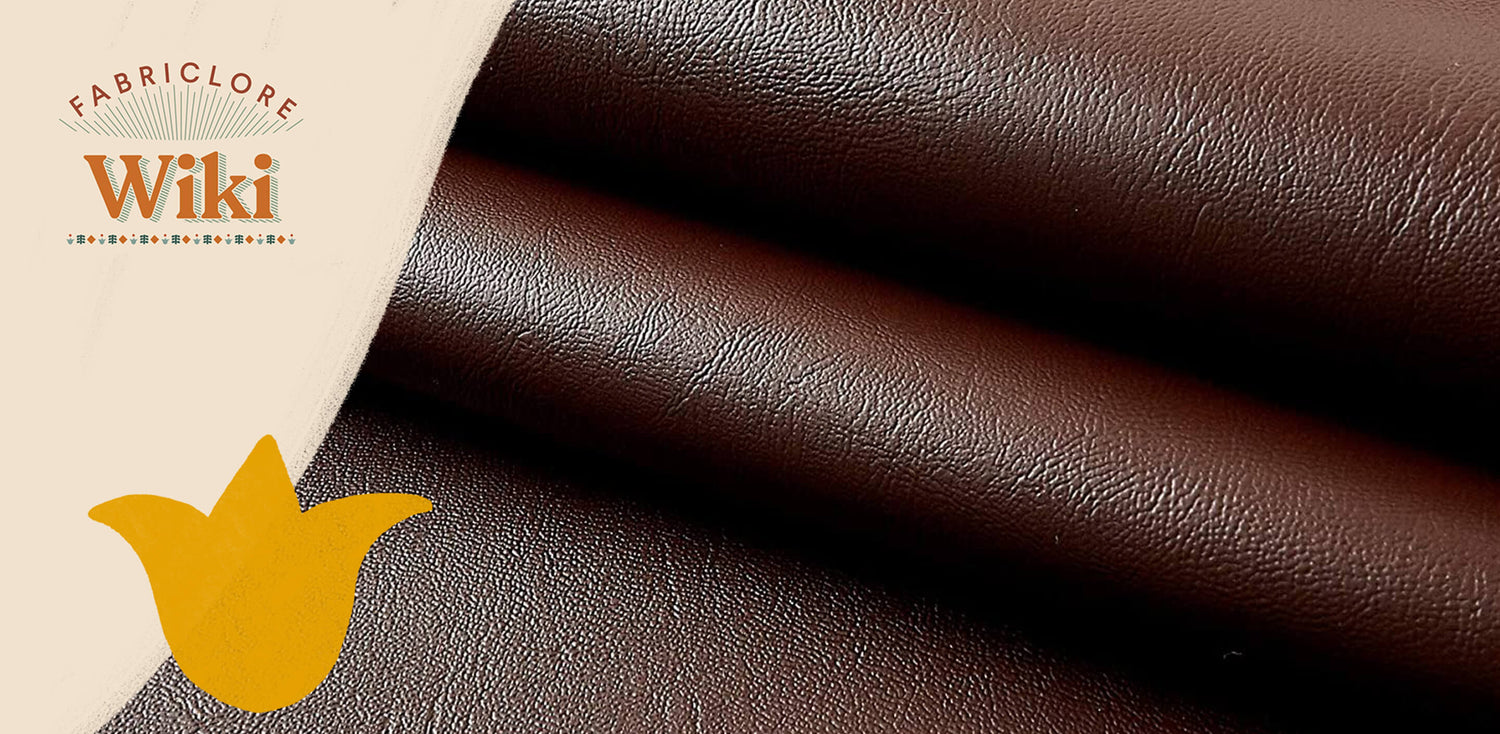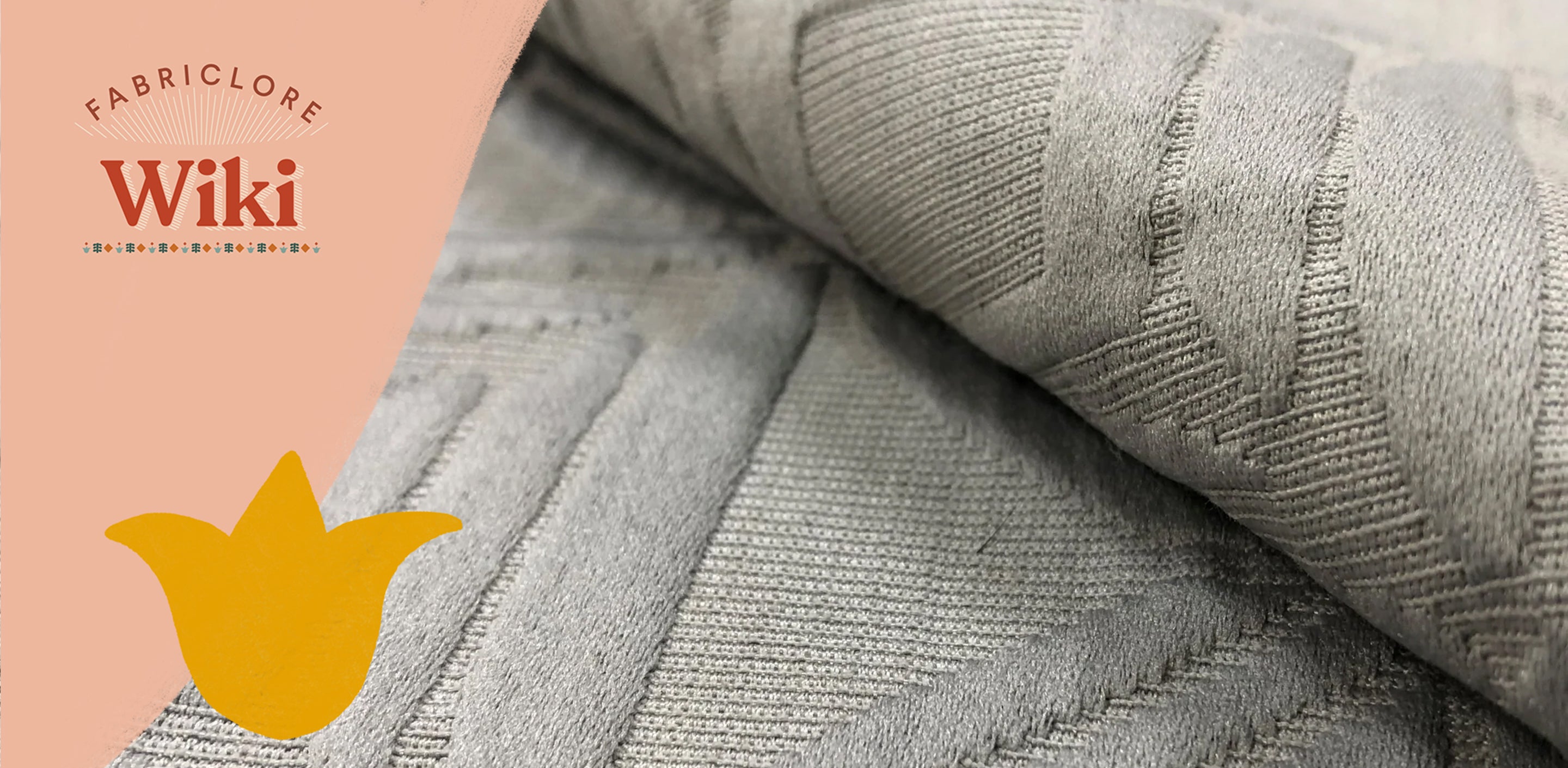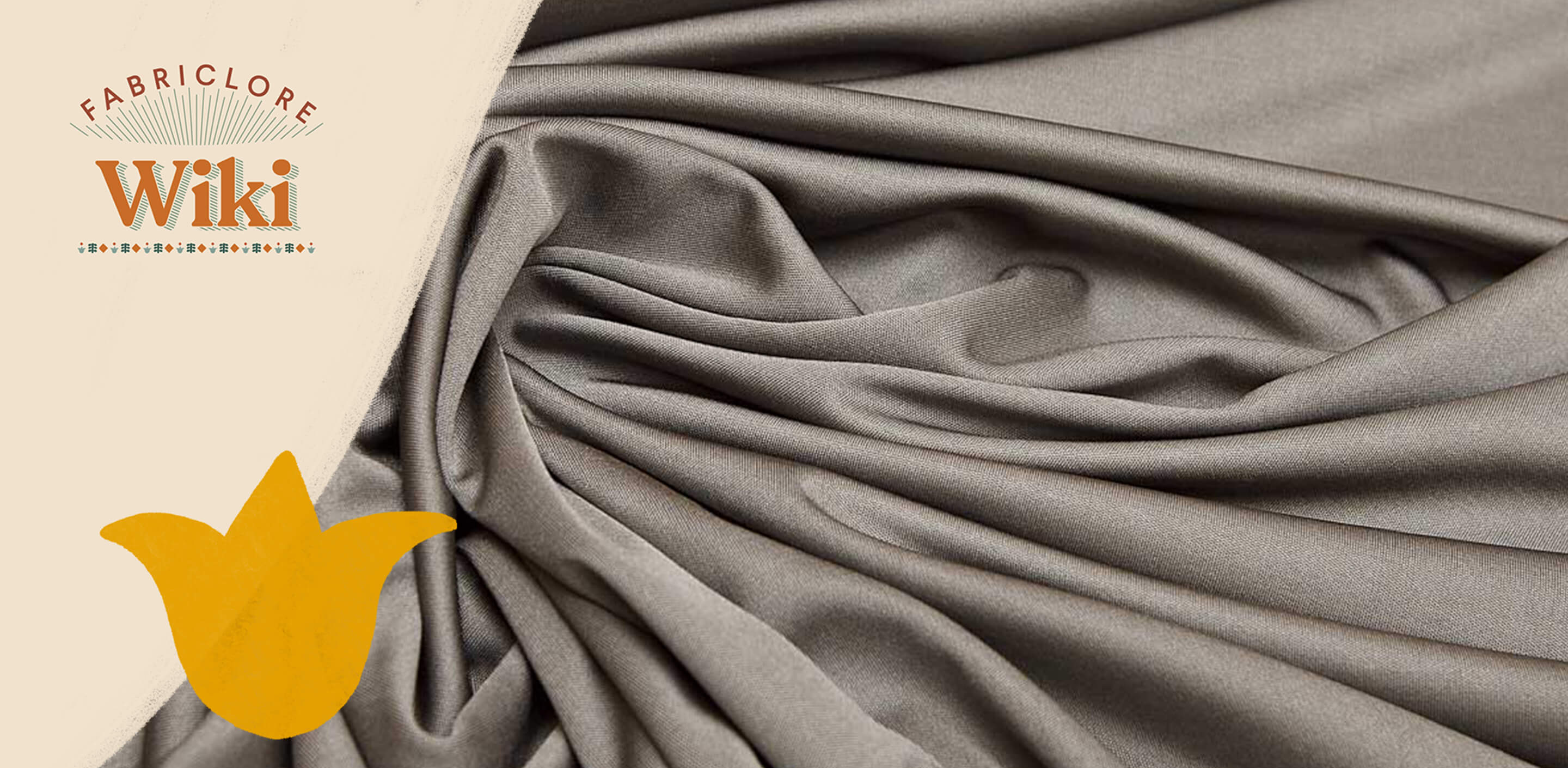What is Vinyl Fabric?
- Vinyl fabric is constructed out of synthetic materials and is meant for a variety of functions, including the manufacture of clothes for sports, apparel designed to guard against fire, coverings for equipment, tents for both commercial and military usage, and more.
- It is fabricated using polyurethane, which is then converted into a leather-like nonwoven plastic.

History
- In the year 1872, the German scientist Eugen Baumann was the one who developed it. But because the material was so fragile at the time, it could only be used for a limited number of things.
- In the 1920s, Waldo Semon came up with a way to make it more flexible by adding things to the process.
- He began his exploration of this topic by producing shoe heels and golf balls, both of which turned out very well. This led to the creation of a material that could be shaped, which could then be used for a wide range of commercial and industrial purposes.

What Makes it Stand Out
|
Texture |
It has a smooth and grain-like texture |
|
Durable |
Vinyl's molecular structure makes it durable. It doesn't fray and has a solid, durable surface. |
|
Versatile |
Vinyl is one of the most adaptable materials on the market. It may be used in a variety of ways, from industrial tarps to food wraps to swaddles. |
Applications & Usage
|
Clothing |
Shirt, pants, dresses, raincoats, etc. |
|
Accessories |
Airbags, seat covers, convertible car roofs, life jackets, etc. |
|
Home furnishing |
Curtain, couch cover, etc. |
Care Instructions
- Start by vacuuming to get rid of any dust, dirt, or other particles. This is something that should be done with any fabric made of vinyl, such as the seat coverings in your car, boat, or on the furniture found within your house.
- The most effective cleaning solutions for vinyl fabric are a gentle dish detergent combined with water. To eliminate grime, food, and other types of surface stains, among others, just wash the vinyl off with a clean sponge or towel and some soapy water.
- Make a mix of bleach and water that is 10 percent bleach and 90 percent water to get rid of blemishes that are difficult to remove. Before putting the cleaner on a more visible section of the cloth, you should make sure that you test it on the fabric first.

We also happen to be a magnet for suggestions, and would love to catch yours….throw us yours on hello@fabriclore.com
